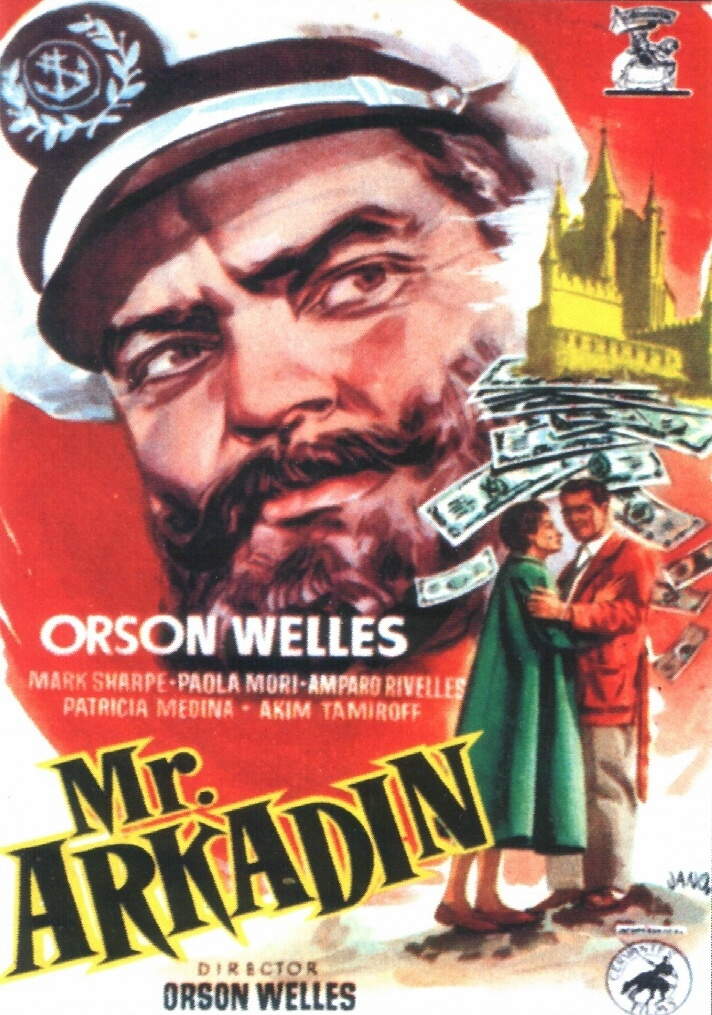Midnight In The Garden Of Good And Evil
From the Chicago Reader (November 18, 1997).
With this 1997 drama, producer-director Clint Eastwood continued his welcome practice of trying something different on every picture, turning this time to a best-seller very different from The Bridges of Madison County, the source material for his previous film. The liberties taken by John Lee Hancock in adapting John Berendt’s atmospheric nonfiction novel move the original story even closer to fiction: four murder trials are collapsed into one, the author-narrator is replaced with a made-up hero (John Cusack), and a lot of languid local color is distilled into a meandering story line. But Eastwood finds good ways of honoring the book: shooting on location in Savannah, using a very tasteful selection of tunes by Johnny Mercer (a Savannah native) on the sound track, and even getting local drag queen Lady Chablis to play an expanded version of her own part in the original story. (She’s not exactly a film actor, but there’s something in the way that Eastwood turns her loose that makes the movie come alive.) The results are more leisurely and character driven than most contemporary movies are encouraged to be, and positively drip with juicy southern ambience. Kevin Spacey is at his best playing the millionaire antiques specialist who shoots his rough-trade lover and employee (Jude Law). Read more


